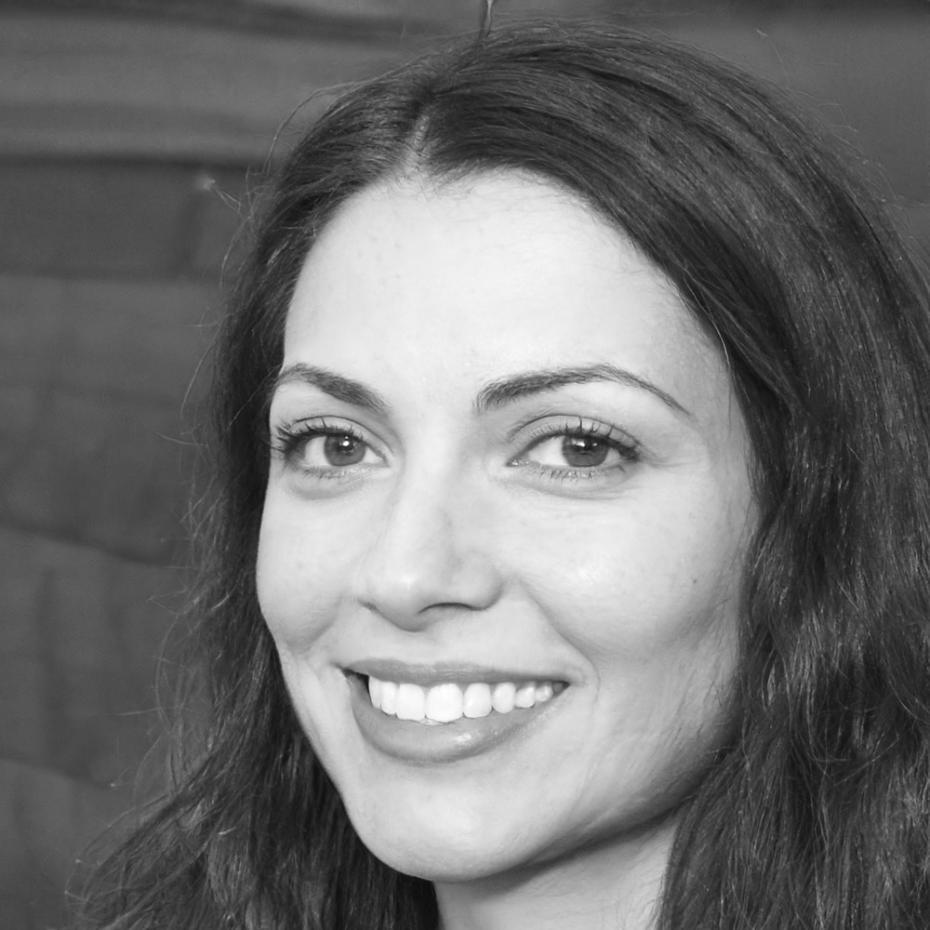Build Research Skills That Actually Matter
Financial research isn't about memorizing formulas. It's pattern recognition, critical thinking, and knowing where to look when things don't add up. Our autumn 2025 intake focuses on practical methods you'll use from day one.
Reserve Your Spot
Learn From People Who've Done The Work
Each instructor brings experience from different corners of Australian finance. They've made mistakes, found solutions, and developed approaches that work in real-world conditions.

Kirsten Halverson
Spent twelve years at Melbourne-based funds before teaching became more interesting than trading.

Elias Bergström
Former compliance analyst who discovered he preferred teaching research methodology to enforcing it.

Daphne Kowalczyk
Worked through three market cycles in Sydney. Now focuses on teaching students to read between financial statement lines.

Siobhan MacLeod
Brisbane-based researcher who specialized in finding what companies don't want you to notice.
What Students Say After Six Months
We follow up with graduates to see how methods hold up beyond the classroom.
The program changed how I read annual reports. I used to skim for highlights, but now I know exactly which footnotes matter and why management language shifts between quarters. That skill alone has been worth everything.— Tamsin Varga, analyst at Perth investment firm (completed March 2024 cohort)
What surprised me most was learning to trust my instincts when data didn't match the narrative. Kirsten taught us that numbers can be technically accurate and still misleading.— Rory Bannister, independent researcher
I apply the sector comparison framework every week. It's become my default approach when evaluating anything unfamiliar, which happens more often than I expected starting out.— Leonie Thackery, junior analyst in Brisbane

What You'll Actually Learn
The program runs for sixteen weeks starting September 2025. Classes meet twice weekly in our Bundall location, with additional optional workshops on Saturday mornings.
Finding Reliable Data Sources
Not all information is equal. Learn to evaluate source credibility, spot circular reporting, and build a personal research database that grows with you.
Reading Financial Statements Properly
Balance sheets tell stories if you know the language. We focus on ratio relationships, cash flow patterns, and identifying aggressive accounting choices.
Industry Context and Comparison
Individual company analysis only makes sense within sector context. Learn to build comparison frameworks and recognize when something genuinely stands out.
Documenting Research Processes
Good research is replicable. Develop documentation habits that let you revisit decisions months later and understand your original reasoning.
Presenting Findings Clearly
Research means nothing if you can't explain it. Practice translating complex analysis into clear recommendations that non-specialists understand.
Next Intake Begins September 2025
Limited spots available for our autumn cohort. Application review starts in July, with final decisions by mid-August.